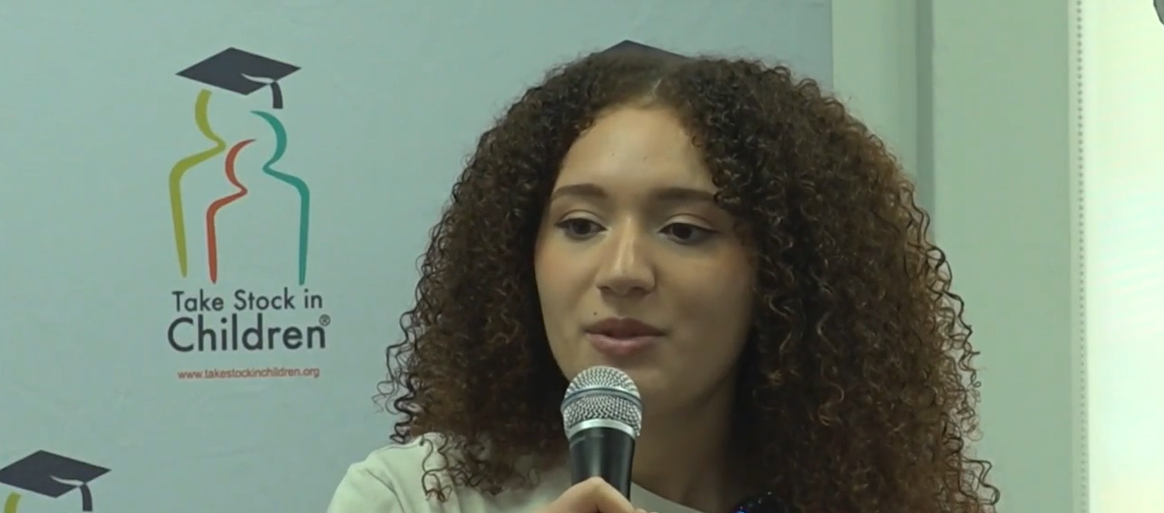A brave survivor is sharing her story to warn students about online predators. Hosted by Big Brothers Big Sisters Miami at the start of the school year, the panel offered a stark reminder that traffickers increasingly use social media to find victims.
Human trafficking survivor shares her story, warning students about dangers on social media

Key Takeaways:
- Big Brothers Big Sisters Miami is sounding the alarm on human trafficking at the start of the school year.
- A survivor recounted her own experiences to educate others on the traps criminals set online.
- Panelists stressed the dangers that social media platforms can pose for vulnerable youth.
- The discussion aimed to equip families with tools to spot red flags.
Introduction
Big Brothers Big Sisters Miami recently organized a panel discussion to highlight the persistent threat of human trafficking, especially as the new school year begins. This event, held on a Saturday, featured experts, community leaders, and a survivor determined to expose the dangerous realities of trafficking.
Raising Awareness
According to the panel, traffickers often capitalize on seasonal transitions—such as the start of the school year—when students may be open to new social connections. Big Brothers Big Sisters Miami underscored the importance of recognizing the early signs of human trafficking and urged parents, teachers, and mentors to remain vigilant.
A Survivor’s Perspective
One of the most compelling moments came when a survivor took the stage. She recounted how traffickers used social media to lure her and cautioned students about the subtle tactics employed by predators. “They approached me in a way that seemed normal at first,” she told CBS News Miami. Her story offered a real-life example of how easily someone could be deceived, even when aware of potential risks.
Social Media Dangers
Panelists emphasized that platforms popular with teens can serve as hunting grounds for traffickers. Young users may not notice red flags such as unsolicited direct messages, flattering comments, or offers that appear too good to be true. By sharing personal anecdotes, the survivor highlighted how seemingly harmless interactions can spiral into danger if left unchecked.
Community Call to Action
Along with telling her story, the survivor and event organizers urged parents, educators, and students to collaborate. They called for enhanced education on human trafficking, including lessons on safe online behavior. Although the panel ended on a somber note—underscoring the gravity of this ongoing threat—participants left with renewed resolve to safeguard young people from the dangers lurking on social media.











